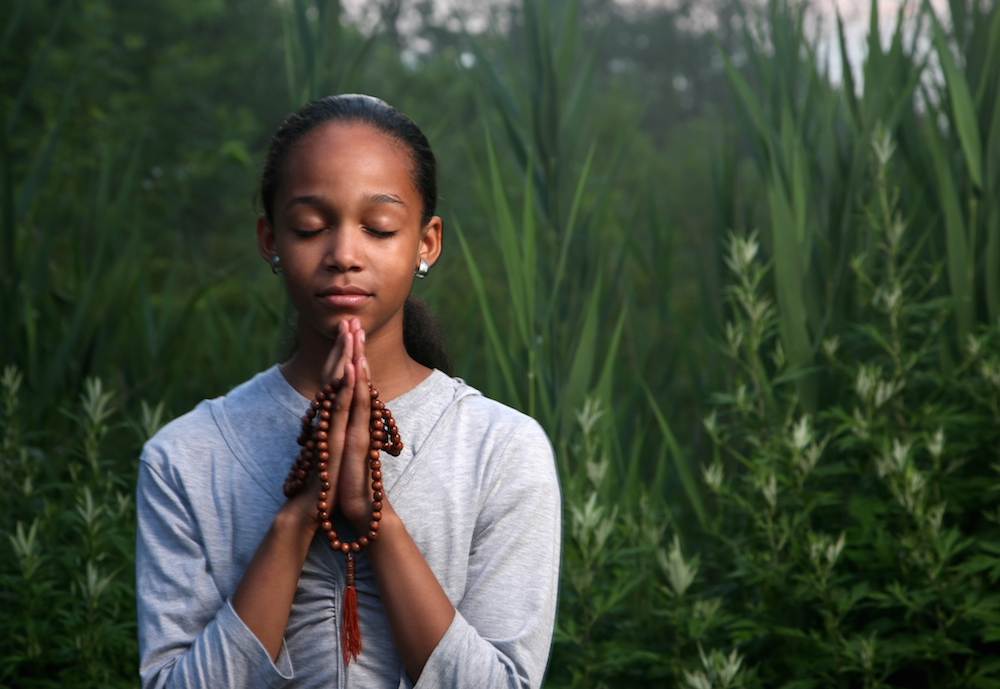
In the aftermath of the Parkland school shooting, some survivors have created unique outlets to channel their pain.
Many are still haunted by what happened on February 14, 2018 at Marjory Stoneman Douglas High School in Parkland, Florida.
The impact of the horrific event lives in each survivor, many of whom are struggling to cope with the trauma of what they witnessed. This year, two Parkland survivors died by suicide—16-year-old Calvin Desir and 19-year-old Sydney Aiello, who graduated last year.
To bring awareness to the mental health challenges of trauma survivors, People magazine recently caught up with six Parkland students. While they are each battling the trauma within, some have transformed their pain to help others.
Carlos Rodriguez, 18, created Stories Untold, a Twitter-based platform for victims of gun violence to share their stories. The platform has created a community of support and activism for not only Parkland survivors, but anyone affected by gun violence.
Eden Hebron, 16, is processing the trauma with a therapist. It has helped her, but unfortunately, she says, not everyone is open to therapy. “Some families still consider it, like, ‘Oh, it’s a shrink. Are you going to talk your feelings out?’”
Hebron has created a mobile app to help people find ways to cope with stress, anxiety and depression. With her app, people can learn ways to address these symptoms.
“So many kids have anxiety,” Hebron told People. “This shooting impacted people all over the country. This app is a way to give them the tools to help themselves.”
Kai Koerber, 18, launched Societal Reform Corp, a non-profit organization working to establish mental health programs in schools. “We need to put mental health on equal standing with gun control,” said Koerber.
Today, the need for mental, emotional, and trauma support is greater than ever. These young people are leading the charge and doing the work to provide themselves and others with effective coping strategies.
“I don’t think I’ll ever be able to forget what I saw in that classroom,” said Hebron. “You can try to imagine, you can try to sympathize… but nobody understands how it feels to be in a room and literally feel, ‘These are the last moments of life.’”
